
Many people in recovery wonder how long it’s necessary to stay sober. Unfortunately, there isn’t a one-size-fits-all answer to that question. How long you abstain from alcohol will depend on your history with alcohol as well as the intensity of your addiction.
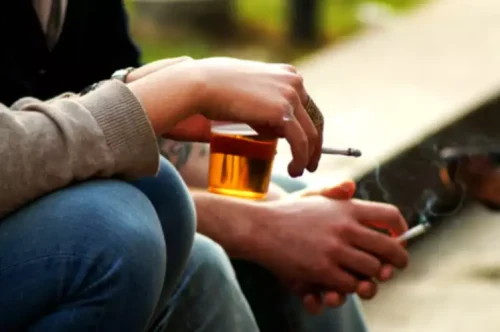
What Are the Signs of Pancreatitis from Alcohol?
- When explaining this concept to your non-alcoholic friends, though, you may have to give them more detail so that they can understand why you simultaneously want to be sober and wish you could drink at the same time.
- Shannon Weir, RN is the Chief Nursing Officer at Gallus Medical Detox Centers.
- If the recently sober individual drinks the way that they used to, then they may blackout or encounter other dangers.
- It may seem safe to try a drink, but this can take you back to square one.
Individuals who suffer from cirrhosis of the liver have a potentially fatal condition. Preventing relapse and sustaining recovery demand continuous effort, support, and self-awareness. Strategies that include engaging with support networks, making lifestyle adjustments, managing stress, and seeking professional recovery help are essential drinking after being sober components of a successful recovery plan.
- I don’t know what surprised my friends and family more—that I was trying it in the first place or that I was going to (mostly) stick with it.
- If they relapse, these negative emotions often intensify, creating a cycle of abstinence and relapse that is difficult to break without professional help.
- There are many reasons a person in recovery may decide to drink again.
- You can work on strengthening your coping skills to move past a mental relapse.
How Can I Prevent Alcohol Relapse?
- Although medication alone sometimes helps to reduce drinking, it is often most effective in combination with therapy and counseling.
- While it offers a potentially less daunting goal than absolute abstinence for some, it also carries significant risks that cannot be overlooked.
- It’s essential to evaluate one’s own situation, personal history, and support system when choosing the right approach to sobriety.
“Now they understand what it is.” He said his bar attracts a largely professional crowd in their 30s to mid-40s, many of them women. “Bars are great,” Marshall added, “not because of the alcohol but the connection to community.” One of the toughest things for McCarthy was navigating work or social events without a drink. If I didn’t have to maintain a gluten-free diet, I probably would have enjoyed alcohol-free beer but this wasn’t an option for me. I can’t claim to have experienced overwhelming https://ecosoberhouse.com/ health benefits. I spoke to scientists about their research into replicating the buzz from alcohol, hoping to discover exactly why I enjoyed drinking in the first place.
Drinking After Being Sober: Exploring Abstinence vs. Moderation in Long-Term Recovery
Eating food before drinking can slow down the absorption of alcohol and buy your body some extra time to process alcohol, but eating after drinking won’t speed up its elimination once it is in your system. You may have heard about quick-fix methods that help you sober up faster than average. Unfortunately, there is no way to speed up the process of eliminating alcohol from your body. The only way to sober up is to allow your liver time to metabolize the alcohol you’ve consumed. Heavy alcohol consumption can raise your heart rate and blood pressure for up to 24 hours after drinking.

It may seem safe to try a drink, but this can take you back to square one. Many recovering alcoholics who have tried this find themselves back where they started. That first drink is the trigger to reignite the craving to drink in excess. Attempting to drink socially or in moderation is not worth this risk. If you are struggling with alcoholism, you may feel the need to drink the same way you feel the need to eat.

My mother doesn’t read my columns, and that once bothered me tremendously. It’s her heroin addiction loss, and I have a new “parent” who is proud of me — me! For my writing and for all the other things I’ve done in my life that were never acknowledged and that I never took pride in because I thought no one cared.

“Exercise gets the blood flowing through the liver so it detoxes your blood efficiently,” says Dr. Siddiqui . If you’re looking for the quickest way to sober up, you’ll want to try these top tips that are proven to help you shake off a drunk fog. Making the decision to become sober is a powerful step towards improving your overall well-being. The attraction of booze for me was more like a giant star that kept pulling me back into its orbit every time that I tried to escape. I could sometimes resist the powerful tug for a time, but it always felt like I was fighting against the forces of gravity and getting dragged down. Before the evening had ended, he’d bought himself two bottles of whisky and hidden them for drinking later.

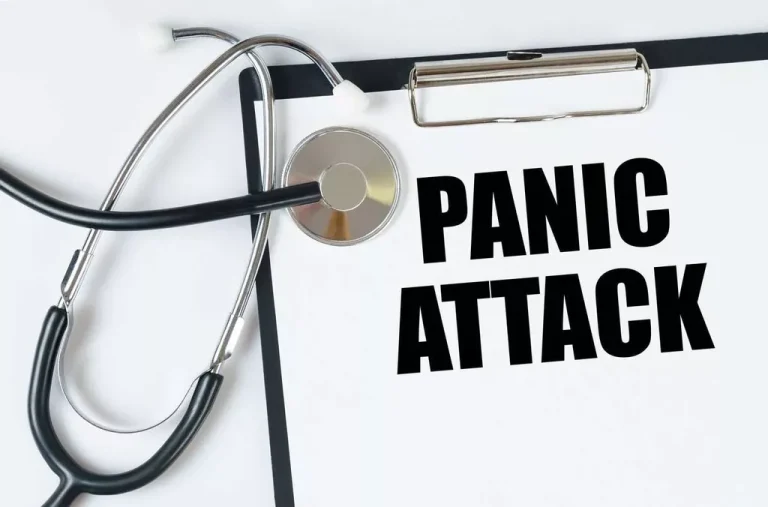

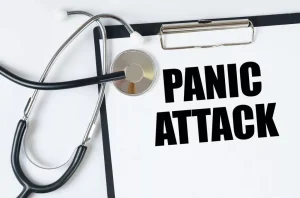
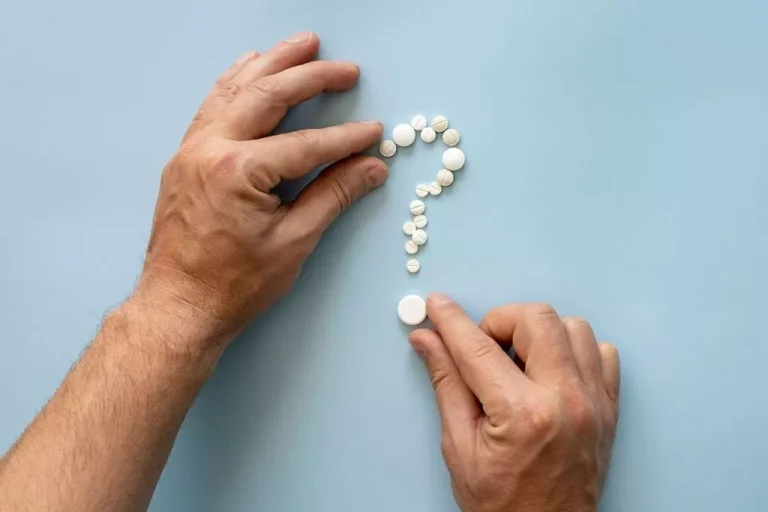
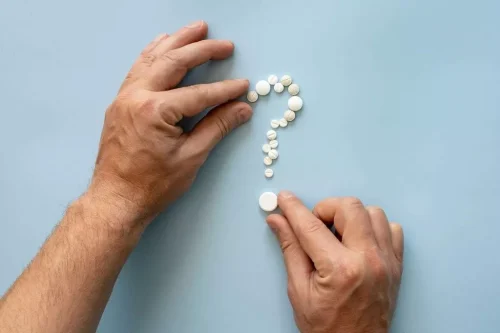
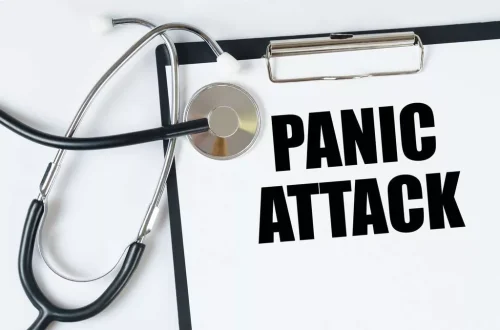
Recent Comments